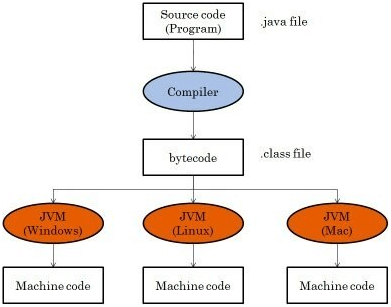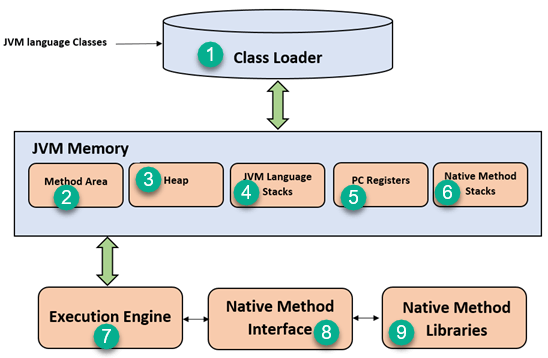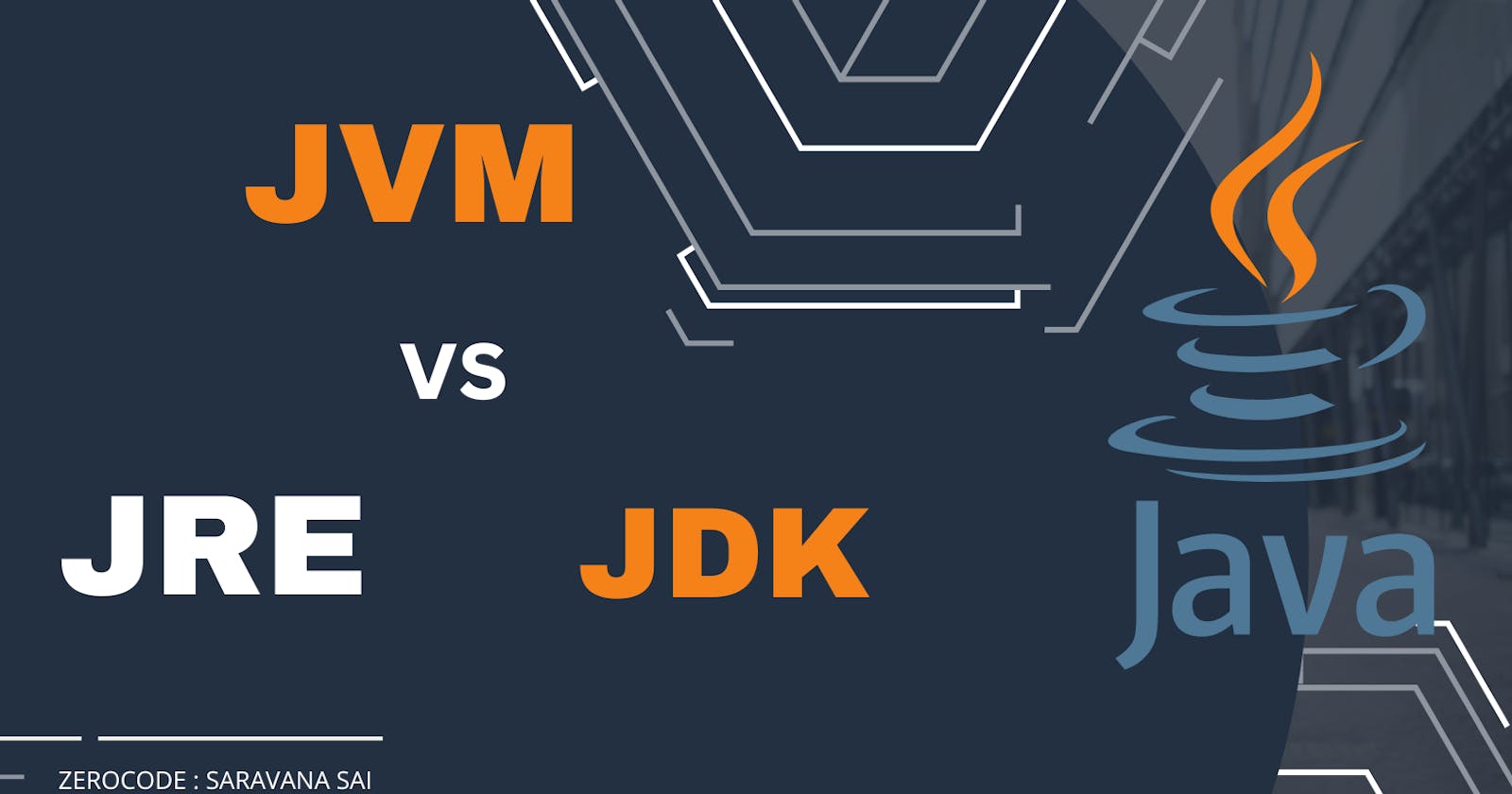JDK vs JRE vs JVM in Java – Difference Between Them
How do JVM, JRE and JDK relate and work together in the Java development process?
Introduction
Java is one of the most popular programming languages used in developing environments today. It is primarily used for back-end development projects, game development, and desktop and mobile computing. This article is about the key differences between JVM, JRE & JDK.
What is JVM?
JVM (Java Virtual Machine) is an engine that provides a runtime environment to drive the Java Code or applications. It converts Java bytecode into machine language. we know that the code we have written in java is compiled into java bytecode. The bytecode is verified & executed by Java Virtual Machine (JVM). It is known as the interpreter or the core of Java programming language because it executes Java programming.

JVM is specifically responsible for converting bytecode to machine-specific code and is necessary for both JDK and JRE. It is platform-dependent and performs many functions, including memory management and security.
JVM consists of three main components or subsystems:
Class Loader Subsystem is responsible for loading, linking, and initializing a Java class file.
Runtime Data Areas contain method areas & PC registers.
Execution Engine contains an interpreter, compiler & garbage collection area.
JVM is a part of Java Run Environment (JRE-Java Runtime Environment). It cannot be separately downloaded and installed. To install JVM, you need to install JRE.

What is Java Runtime Environment (JRE)?
Java Runtime Environment or JRE is a piece of software that is designed to run other software. It contains the class libraries, loader class, and JVM. if you want to run a Java program you need JRE. It acts as a translator and facilitator, providing all the resources so that once you write Java software, it runs on any operating system without further modifications.

The JRE combines the Java code that you create by using the JDK with additional built-in code called libraries. It then creates a JVM instance, or local copy, that finally runs the Java programs. JVMs are available for multiple operating systems, and the JRE generates a single copy of your Java code that runs on all types of JVMs.
What is Java Development Kit (JDK)?
JDK is a software development environment used for making applets and Java applications.Java developers can use it on Windows, macOS, Solaris, and Linux.
JDK contains all the tools required to compile, debug and run a program developed using the Java platform.JDK helps developers to code and run Java programs. it is often called a superset of JRE.

JDK vs JRE vs JVM: Key differences
JDK is the development platform, while JRE is for execution.
JVM is the foundation, or the heart of Java programming language & ensures the program’s Java source code will be platform-agnostic.
JVM is included in both JDK and JRE – Java programs won’t run without it.
Conclusion
Please share & like Feel free to share your inputs in the comments for improvements.
